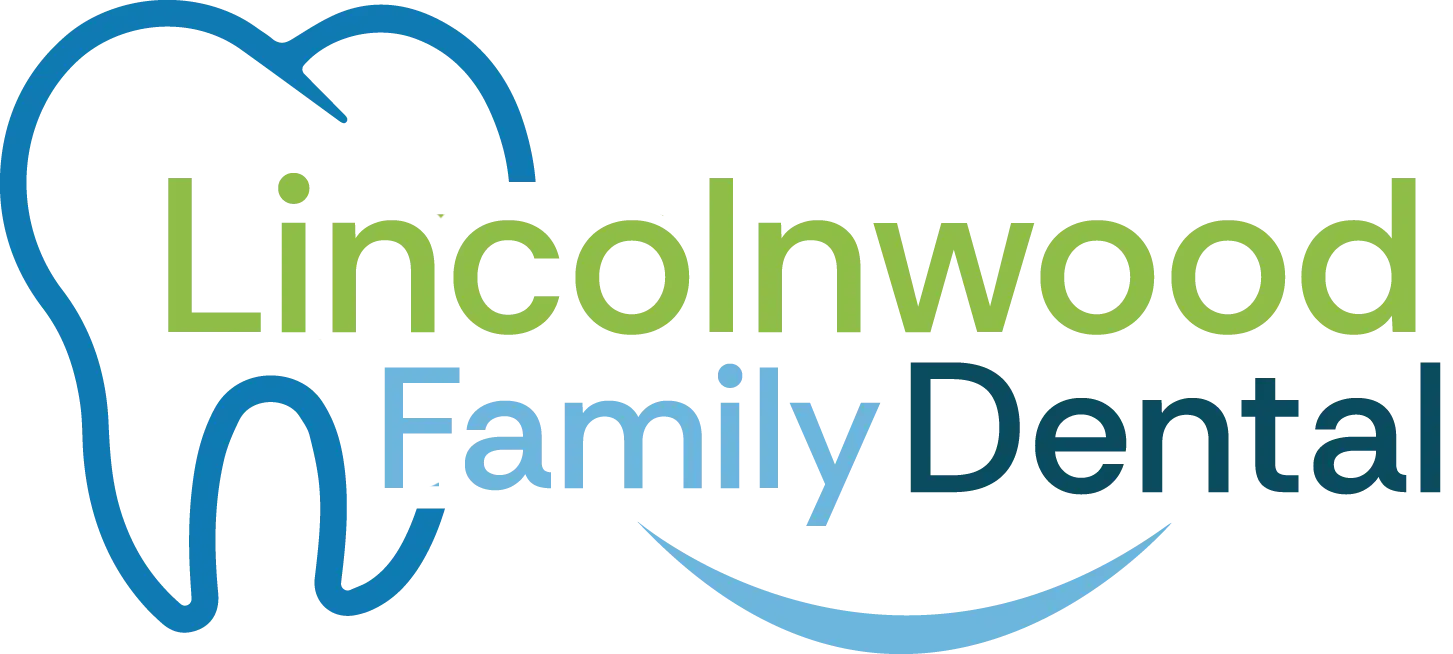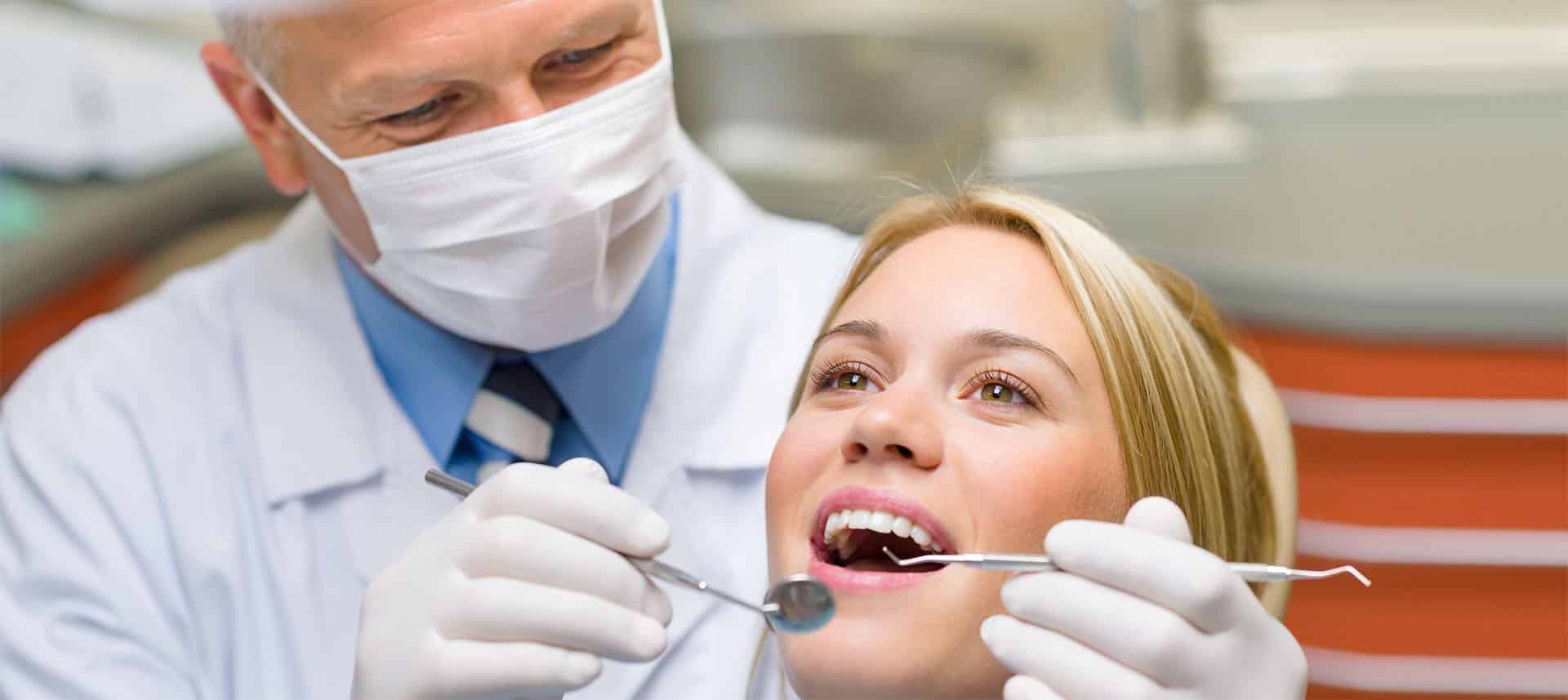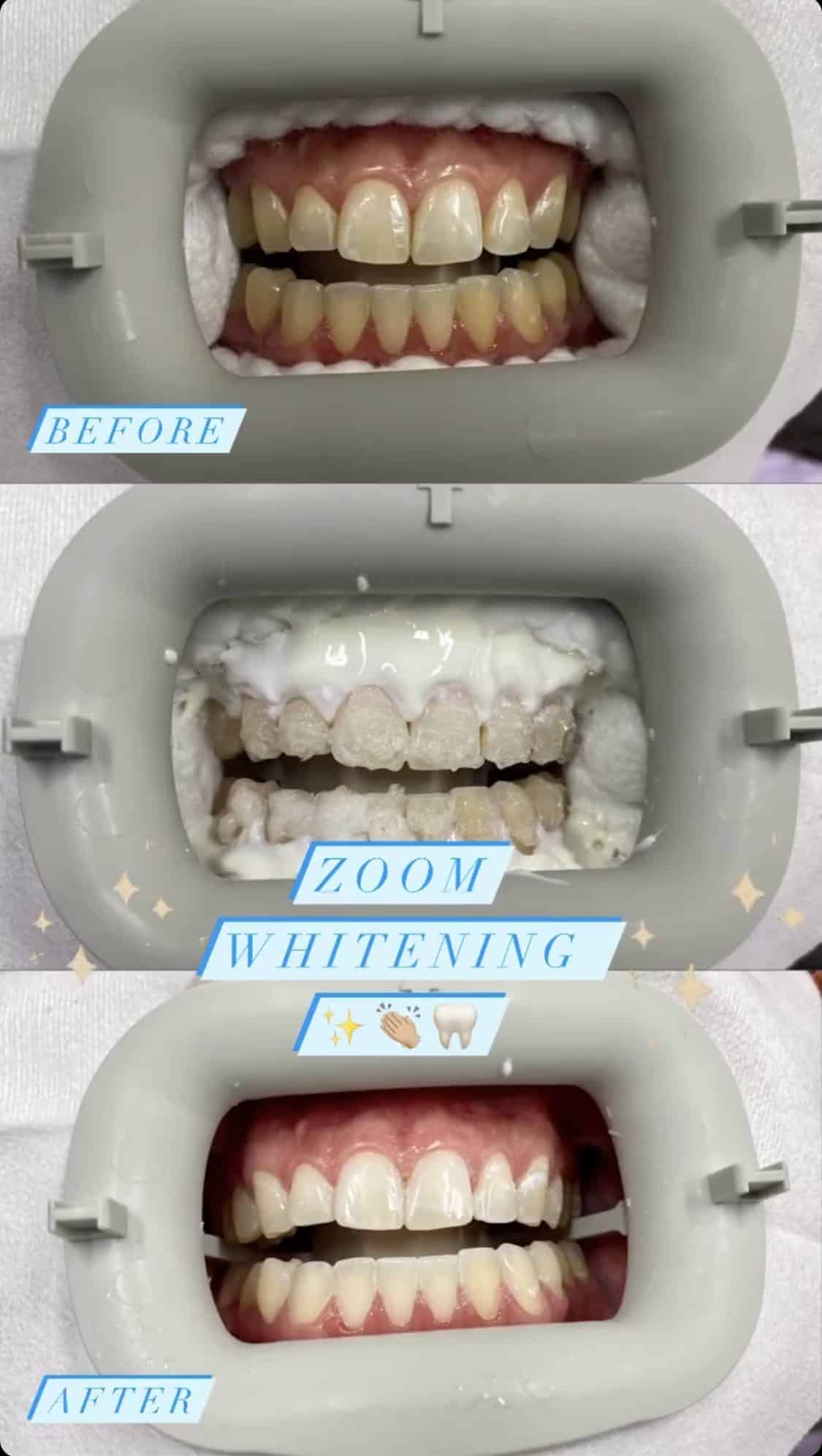Think getting your teeth cleaned is always routine? Think again. Dentists sometimes turn down regular cleanings, and it’s not about being difficult. It’s about giving you the right care for your specific needs. Why do dentists deny regular cleanings? In this comprehensive guide, we’ll explore the reasons behind this seemingly counterintuitive decision, the alternative treatments your dentist might recommend, and how you can take charge of your oral health.
Regular Cleanings: The Cornerstone of Oral Health
Regular dental cleanings are vital for a healthy mouth. They remove the stubborn plaque and tartar that your toothbrush and floss miss. This helps prevent cavities and gum disease. Think of your teeth as a fortress and plaque and tartar as the invading army. Regular cleanings are like sending in reinforcements to repel the enemy before they can do serious damage.
But here’s the catch: cleanings work best when your mouth is already in good shape. So, why might your dentist deny you a regular cleaning?
Reasons Why Dentists Refuse Regular Cleanings
Gum Disease (Periodontal Disease): Gum disease is a serious infection that affects the tissues supporting your teeth. Left untreated, it can lead to tooth loss and even impact your overall health. Regular cleanings are not designed to treat gum disease. In fact, they can sometimes aggravate the condition by pushing bacteria deeper into the gums. If your dentist suspects you have gum disease, they’ll likely recommend a specialized deep cleaning called scaling and root planing. For more information on periodontal disease, visit the American Dental Association’s website.
Advanced Plaque and Tartar Buildup: If you haven’t had a cleaning in a while or if you have difficulty maintaining good oral hygiene at home, you might have a significant buildup of plaque and tartar. This hardened buildup can extend below the gumline, making it impossible to remove with a standard cleaning. Your dentist might suggest a deep cleaning or other non-surgical periodontal treatments to address this issue.
Underlying Health Conditions: Certain medical conditions like diabetes, heart disease, or a weakened immune system can increase your risk of oral health problems. Your dentist might be cautious about performing a regular cleaning if you have one of these conditions. They’ll want to weigh the potential benefits against the risks and might suggest alternative treatments or additional precautions.
Alternative Treatments for Optimal Oral Health
If your dentist determines that a regular cleaning isn’t the best course of action, don’t despair! They have a whole arsenal of tools to help you achieve a healthy smile:
- Deep Cleaning (Scaling and Root Planing): This procedure removes plaque and tartar from below the gumline, helping to treat and manage gum disease. It’s often performed under local anesthesia to ensure your comfort.
- Antimicrobial Therapy: Your dentist might prescribe antimicrobial mouthwash or medication to help control infection and promote healing.
- Referral to a Specialist: If you have severe gum disease or other complex oral health issues, your dentist might refer you to a periodontist, a specialist in gum disease treatment.
The Importance of Communication with Your Dentist
If your dentist recommends against a regular cleaning, it’s crucial to have an open and honest conversation with them. Ask questions, express any concerns you have, and work together to create a personalized treatment plan that addresses your specific needs. Remember, your dentist is your partner in oral health.
Taking Charge of Your Smile: Your Role in Prevention
While professional cleanings are essential, your daily oral hygiene routine plays a major role in preventing dental problems. Brush twice a day with fluoride toothpaste, floss daily, and consider using an antimicrobial mouthwash. Maintain a healthy diet low in sugary drinks and snacks, and don’t forget to schedule regular dental checkups—even if you’re not getting a cleaning every time.
The Bottom Line: Your Smile is Worth the Effort
While being denied a regular cleaning might feel like a setback, it’s actually a positive step towards personalized care and optimal oral health. By understanding the reasons behind your dentist’s recommendations and taking an active role in your own oral hygiene, you can ensure that your smile stays healthy and vibrant for years to come.
For more information on oral health and dental care, visit our website or schedule an appointment today!
Remember: Your smile is an investment. Regular dental care is essential for maintaining its beauty and function. If your dentist recommends alternatives to a routine cleaning, it’s because they have your best interests at heart.






